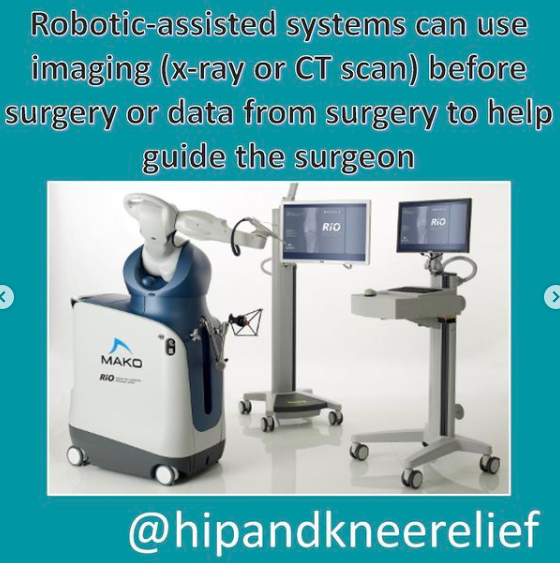
Arthritis Affects 1 in 4 Adults
What is the scope of the problem of arthritis? Roughly 1 in 4 adults. With many millions affected, and a large proportion of those still of working age, arthritis is one of the biggest reasons for lost work time and reduced quality of life.
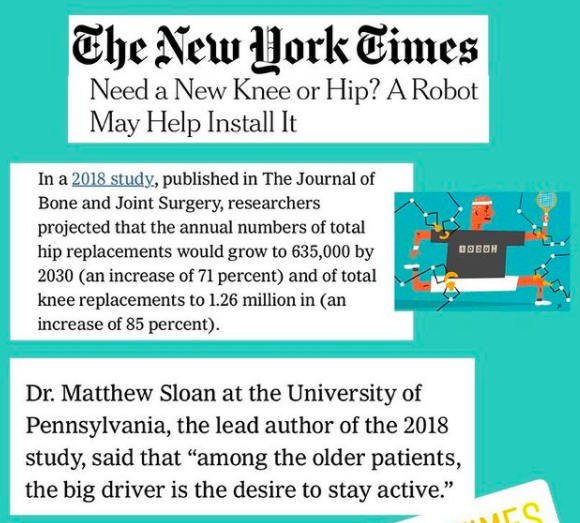
New York Times – Future of Joint Replacement
Was thrilled to discuss my research with John Hanc from the @nytimes regarding projections of the number of total joint replacements in the United States in the next decade.
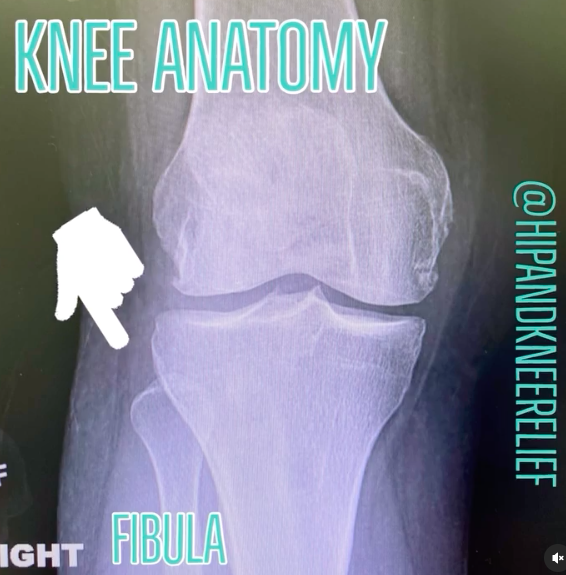
Knee Anatomy – Fibula
We don’t talk about the fibula much in knee replacement, because it does not usually play much of a role in surgery. It is not resurfaced or replaced, and doesn’t actually touch the knee joint itself.
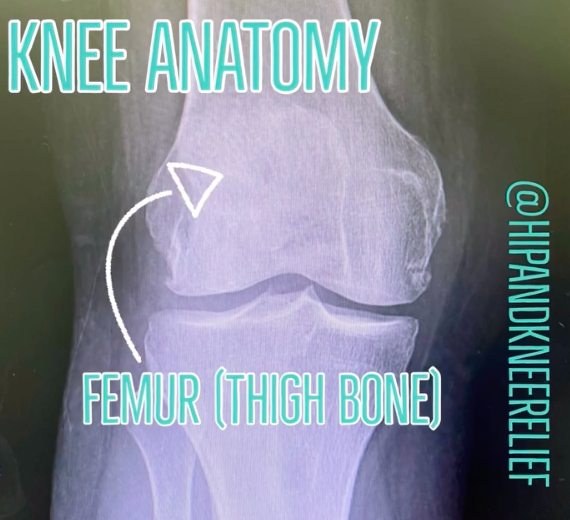
Knee Anatomy – Femur
The femur (thigh bone) is the upper bone of the knee joint. With the knee extended straight, the tibia (shin bone) fits at the very end of the femur (distal). With the knee flexed the tibia fits at the back side of the femur (posterior).
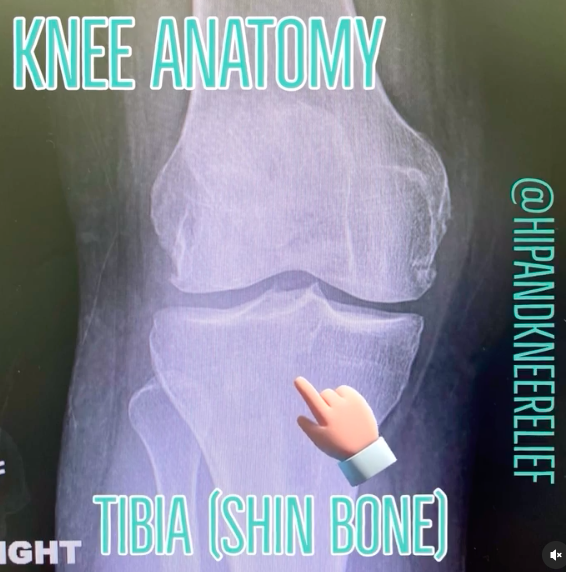
Knee Anatomy – Tibia
In a knee replacement the top of the tibia is resurfaced with a tibial “tray”. The arthritic bone is removed and a metal tray is cemented or pressfit into place (depending on the implant). These trays are typically made of titanium.
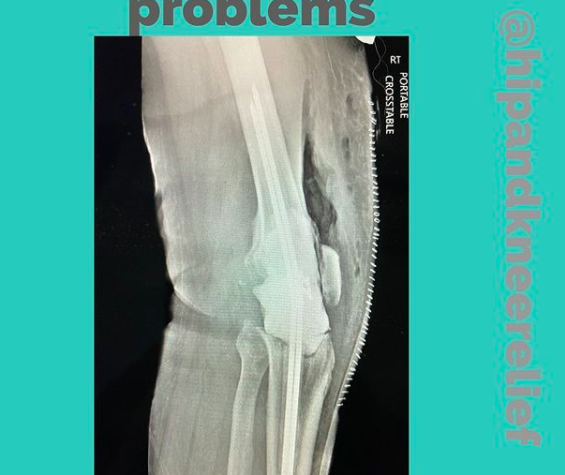
Treating Infection in Total Joint Replacement
Here, we were referred a woman with a bad problem that had to be treated. She had an infection of her knee replacement. Unfortunately, some patients have infection after knee replacement.
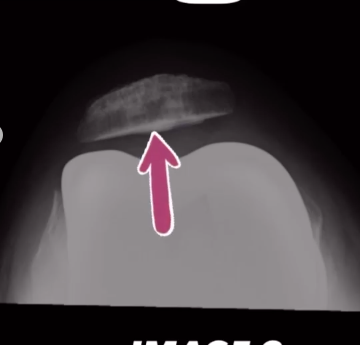
Patellar (Knee cap) Resurfacing in Knee Replacement
The knee cap, or patella, is an important part of a knee replacement. The knee cap runs over a groove in the thigh bone, and when it does not run smoothly after a knee replacement, it can be one of the biggest reasons for pain or dysfunction.
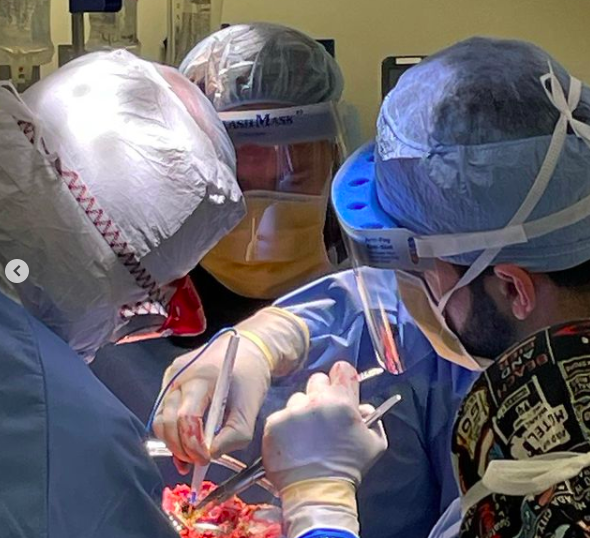
Hip and Knee Fellowship Training
Fellowship training as a hip and knee specialist is a year after finishing residency, dedicated entirely to learning how to perform hip and knee replacements. From the straightforward classic techniques, to the modern robotic, custom, or complex revision, we saw it all.
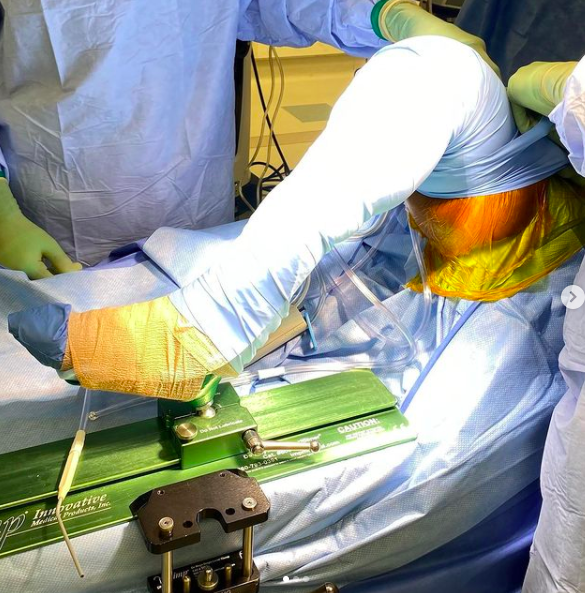
Tourniquet-Free Knee Replacement Surgery
There has been recent literature supporting the move away from routine use of a tourniquet during total knee replacement surgery. Reviews of recent studies on the use of tourniquet have shown lower blood loss and less postoperative pain in patients that had no tourniquet during surgery.

